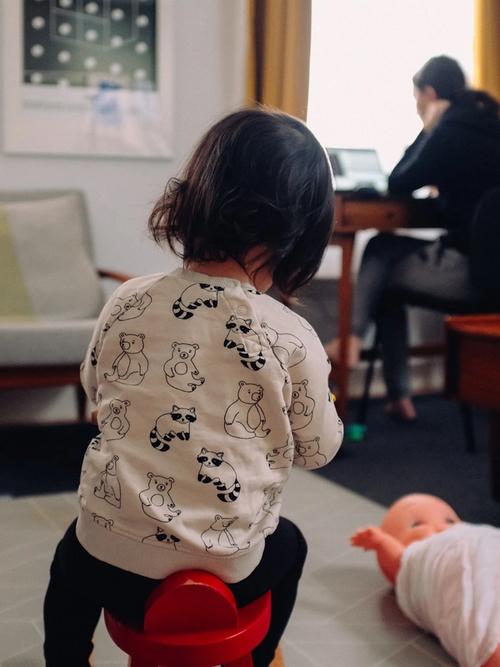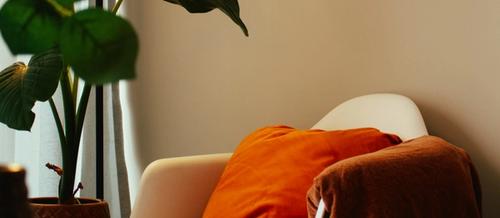This week has been tough.
With all the omicron news, the stress, anxiety and overwhelm are palpable.
And like many Australians with friends and family testing COVID positive, it is all very close to home.
So too, is the tightness I feel in my chest every time I talk to, see, hear about, and meet overwhelmed healthcare workers and teachers.
And there is the constant flow of articles about overworked, stressed out, and in-the-process-of-resigning healthcare staff who are being asked to isolate for shorter periods of time, and / or to work COVID positive if asymptomatic.
Not to mention educators returning to classrooms full of uncertainty, ever-changing rules and increased chores relating to protective COVID-screening requirements.
Any way you look at it, the amount of pressure on helping professionals right now is huge.
If we're looking at a hierarchy of needs, the notion of 'self care' and it's association with individual responsibility, seems trite at best, and dangerous at worst.
The thing is, self care is a misnomer.
To clarify, taking responsibility for our own wellbeing is essential.
However, if the system is broken, self care is not going to
- provide more funding for organisations
- train and onboard more workers
- reduce workloads or pressure on staff
- generate much-needed, practical systemic supports
- create courageous and compassionate leaders & management or
- produce a supportive team
As Alex Iantaffi and Meg-John Barker talk about in their book, 'Hell Yeah Self Care' (essential reading by the way!), the very notion of self care is problematic, as it individualises a problem that is the result of overloaded and toxic systems.
Individuals not coping is a normal response to extreme pressure over a long period of time.
The cumulative burden on women
Women make up over 70% of the education, health care and social assistance workforce, and undertake 50% more than men of the unpaid household chores and caring responsibilities.
When you add to that the emotional and mental load, largely carried by women, and exacerbated by the COVID-19 pandemic, the current and cumulative burden on women at this time is enormous.
Not only are we trying to survive ever-changing policies and protocols within complex systems whilst also home-schooling our kids, we are trying to do this in the midst of a pandemic.
And the research on the impact of all of this is in:
So, rather than put the impetus on individuals to manage their ‘self care’, lets look at the causal factors here.
Capitalism and privilege
We all are marginalised or oppressed to different degrees.
As a Western, white, cis-gender, middle-class woman, I have enormous privileges.
To name a few:
- I am not living in a war zone
- I have been, and continue to be able to access any healthcare or education I want
- I have access to fresh, nutritious food and clean water
- I can afford to pay for the supports that I need
- I don't have to worry about violence in relation to my skin colour or my sexual orientation
- I have access to good quality childcare
On the other hand, according to the Australian Bureau of Statistics, I am five times more likely to be sexually assaulted than men, and I earn 14% less than men. Further, in 'The Future Face of Poverty is Female' report I see that my superannuation payout is likely to be 42% less than men.
I'm not talking about anything new here; but we do need to focus on ways to challenge the broader cultural, structural and financial systems that serve some, and use others.
The levels of burnout and exhaustion within themselves and witnessed amongst colleagues were keenly noted amongst those who participated in these interviews.
If you have found the content of this blog to be distressing, or to have touched into something for you, the following services can be contacted for immediate support:
Alternatively, please feel free to be in touch here.
If you'd like to see other blogs in this five-part 'The Helping Professionals Interview Series', please see the first blog in the series here and the accompanying infographic here.






